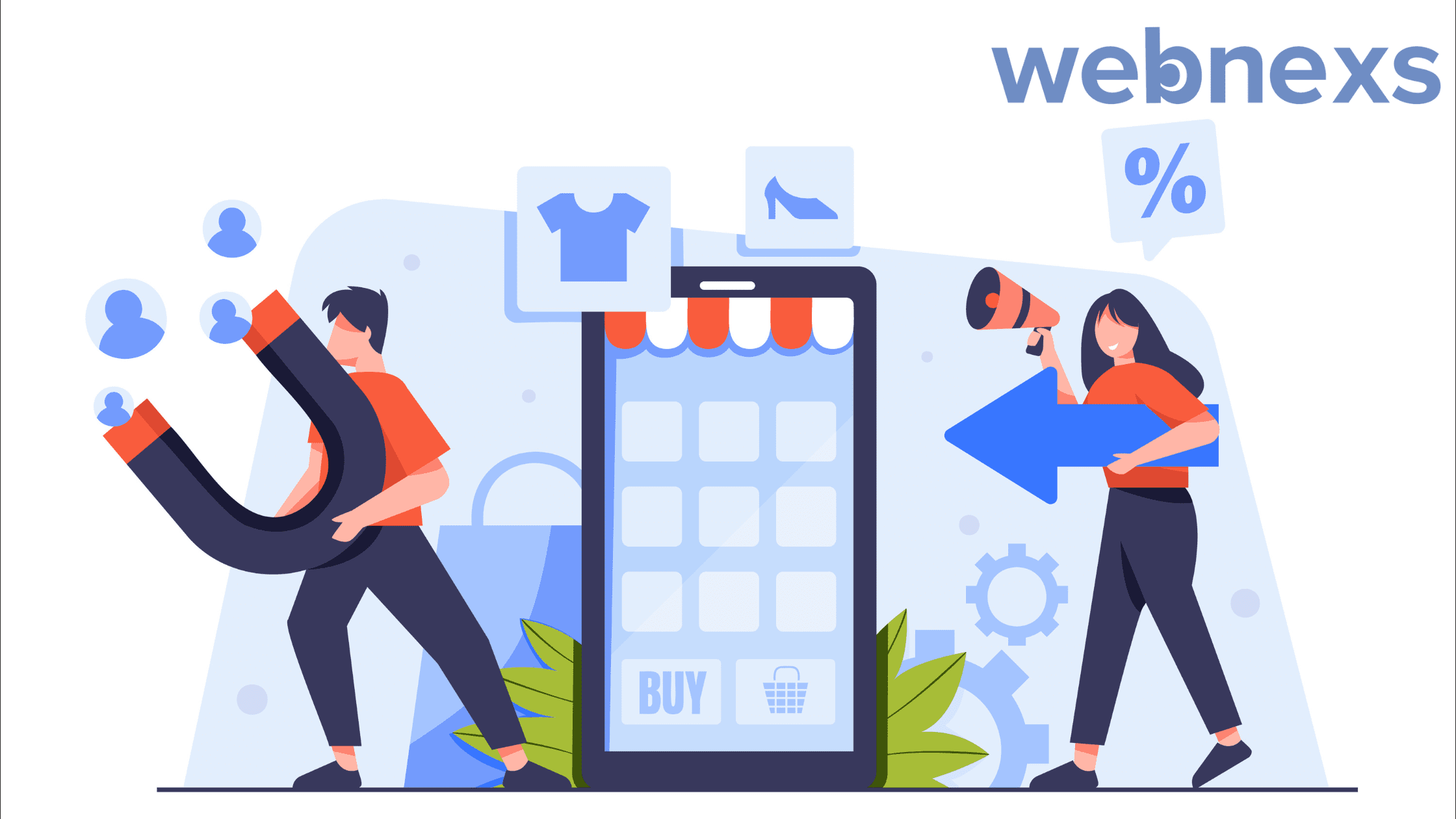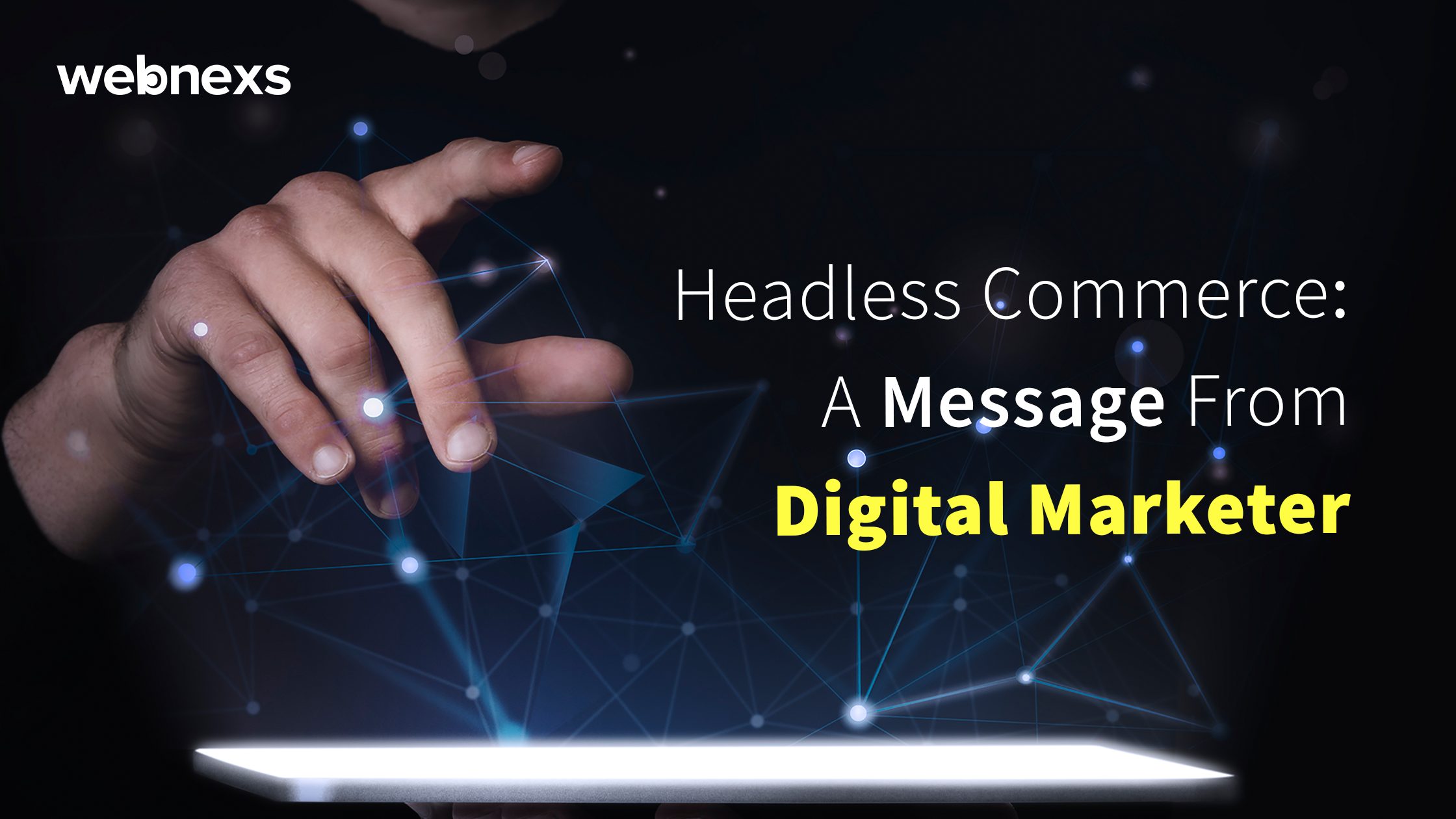Explore how a digital marketer define headless commerce technology to build an online store in 2023.
Want to know how Headless Commerce can give one a great digital presence in 2023? Here’s my point of view on this new trend as a digital marketer.
As a digital marketer, I’ve come across many situations where we know that “this process,” “this trick,” or “this function” will help us increase conversions. But after discussing the same with all the programmers I knew, we realized that it is not that possible with the current system. Because the existing platform cannot sustain and maintain the same.
The above statement remarkably stands common in the eCommerce business, whereas the eCommerce sites are built using a CMS platform.
Headless Commerce in 2023: Things To Know
In a conventional platform, both the interface and backend are tightly held together and are so interconnected. Like they both cant be detached from each other, if you try to set anything between them two apart, the site with likely crash. Simply put, you can’t make changes to your frontend without considering the backend. What does it mean? The room for customization is zero in traditional CMS platforms.
For example, if a retailer wants some advanced features and a different landing page design to launch a product or holiday sales campaign, the idea will be rejected because the platform can’t sustain it. Yes, it is the case for many eCommerce businesses.

So what’s the solution? How to sustain your eCommerce business?
This is where the Headless Commerce platform comes to the rescue, where the front and back are separated. You can have any content management system, in short, call it “CMS,” and deploy the eCommerce technology of your choice. What else you can expect from an eCommerce solution. You have the flexibility to combine the two.
Advantages of the headless ecommerce platforms
- Add custom eCommerce functionality
- Support for new technologies
- More personalization
- faster and more agile
- Scale faster and integrate more efficiently
- Marketing benefits (create landing pages for any CMS/technology you want)
- Higher conversion
Now you may be wondering whether you should consider a headless eCommerce approach for your business or not. Firstly, a headless commerce solution takes a bit less to build, and you have to be smart enough to value investments, especially if you are just starting out.
For startups, the dilemma of headless eCommerce platforms is obvious. If you are on a reasonable budget, consider the headless approach as it is futuristic and will help your business in the long run. However, when your budget is tight, you need to optimize your business, products, and users in the best possible way. For now, you can start with any open source ecommerce platform and then, when your business takes off, move on to headless eCommerce.
For established companies, I make it easy for you. Let’s say your business is growing fast, and you want to manage multiple systems with ecommerce integration and customization on the front end of your website. In this case, you should consider a headless eCommerce approach. But if you are still in the middle stage, you need to focus more on improving user experience and UI, as these things will help you increase your annual sales.
Conclusion
As a marketer, I want to return to my starting point on how to define headless commerce: Headless Commerce gives us the freedom to develop what we want. We can create bespoke product launch campaigns and ultimately take sales to the next level.
We hope you got some headless Commerce ideas and can dive into them now.


